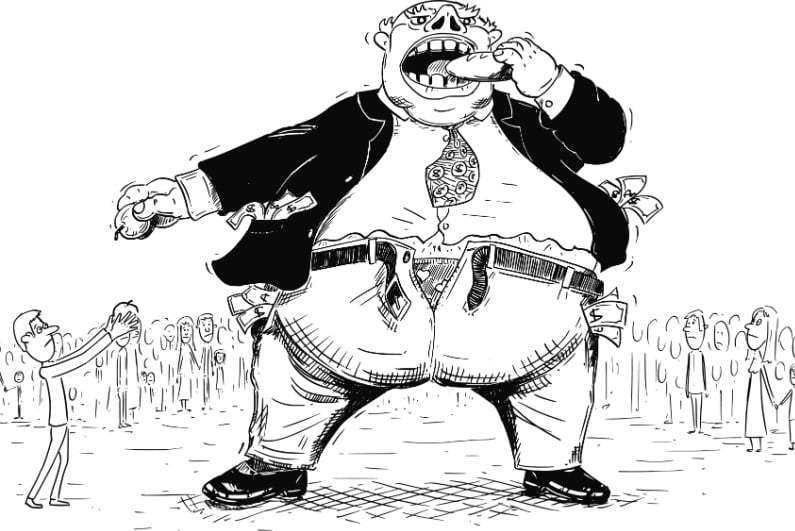Trying to get things done
Lawmakers in both Ohio and Missouri are making end-of-year pushes to legalize sports betting in their respective states. The charge in Ohio appears to be the more pressing of the two, as there is little time left in 2020 and the process would have to start over in 2021. Down in Missouri, the legislature’s second extraordinary session has ended, so it appears that things will pick back up with a Senate bill when the General Assembly reconvenes in January.
approved a motion to review a substitute bill for SB 111
On Tuesday, the Ohio Senate General Government Agency Review Committee approved a motion to review a substitute bill for SB 111 next week. Sen. John Eklund (R – Munson Township) and Sen. Sean O’Brien (D – Bazetta) co-sponsored the bill. It is not radically different from the original SB 111, but there are changes to convince any colleagues who might be apprehensive about diving into sports betting to give it a chance.
Missouri State Sen. Denny Hoskins (R – Warrensburg) pre-filed SB 18 last week, which would legalize sports betting on the state’s 13 riverboat casinos. He filed it just before the end of the second extraordinary session, which could mean the bill will be ready to go when the Senate meets again next year.
Fewer Ohio skins to go around
As mentioned, the changes to Ohio’s SB 111 don’t turn the bill on its head, but at the same time, they will not sit well with the sports betting industry. Ohio has four casinos and seven racinos, all of which can apply for sports betting licenses. Originally, SB 111 allowed each license holder to have three online sports betting skins. HB 194 lowered the number to two, but now the substitute SB 111 chops that to just one.
Fees have also increased in the substitute bill. The original SB 111 imposed a $100,000 application fee and a $100,000 licensing fee on casinos and racinos for a five-year term. The prices are still the same, but now the licensing period is down to three years. Sportsbook operators would pay a $50,000 application fee and a $500,000 licensing fee. The tax rate remains 8%.
Missouri betting would benefit higher education
Missouri’s Sen. Hoskins calculated that legal, regulated sports betting could contribute from $37m to $50m in new tax revenue for the state. It appears that both professional sports and collegiate sports are fair game, whereas some states at least partially restrict betting on collegiate sports.
regulated sports betting could contribute from $37m to $50m in new tax revenue
SB 18 does, however, impose a 0.25% royalty fee on the amount wagered on FBS college football and Division I college basketball, which it will distribute to Missouri’s public colleges and universities that have teams that compete at those levels.
Licensed casinos must pay an annual administrative fee of $50,000 and then another $10,000 every five years for a “reinvestigation of the certificate holder,” an application fee of sorts. The tax rate would be 9% of gross adjusted receipts.
One of Hoskins’ primary motivations for getting the ball rolling on sports betting is to curb the flow of money pouring out of the state. Iowa to the north, Illinois to the east, and Arkansas to the south have all legalized sports betting, encouraging Missourians to cross the border to place their bets.
A House bill introduced in January 2020 did not make significant progress.




